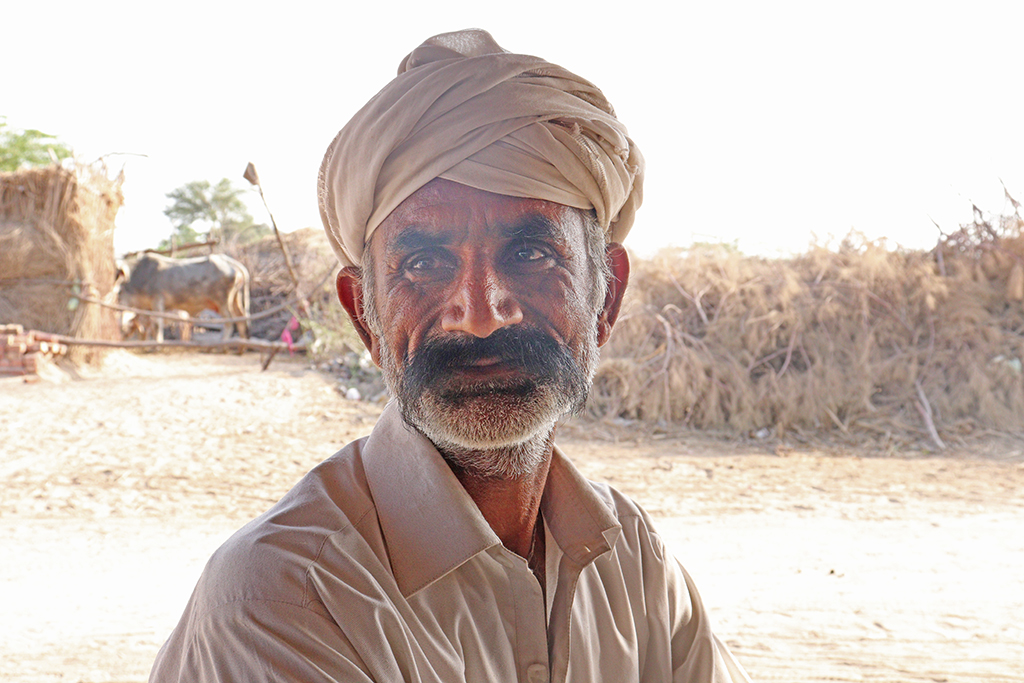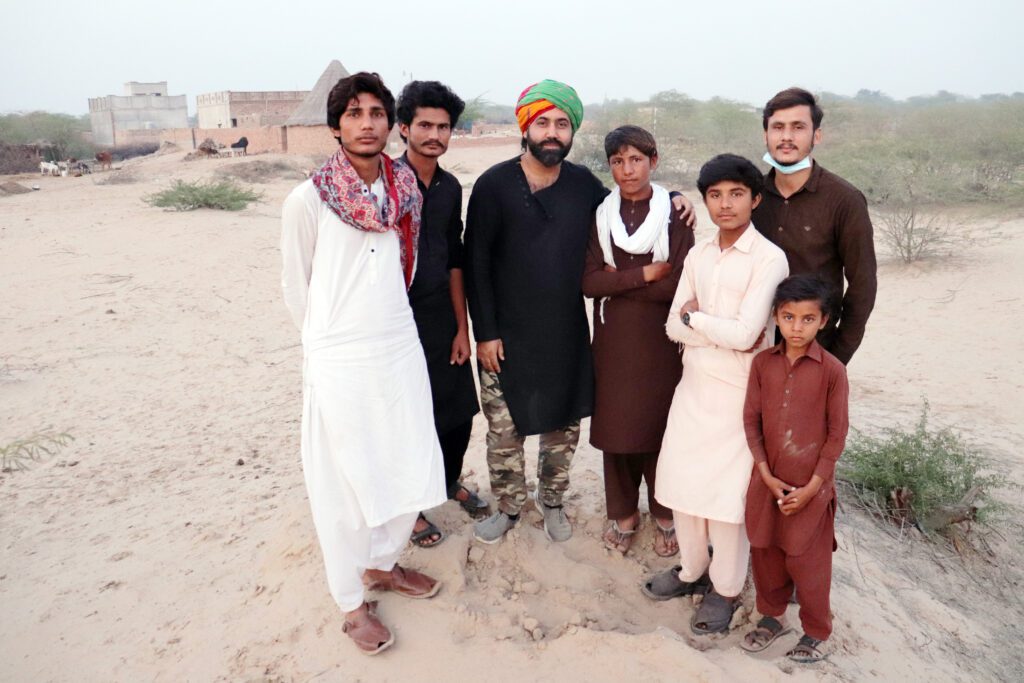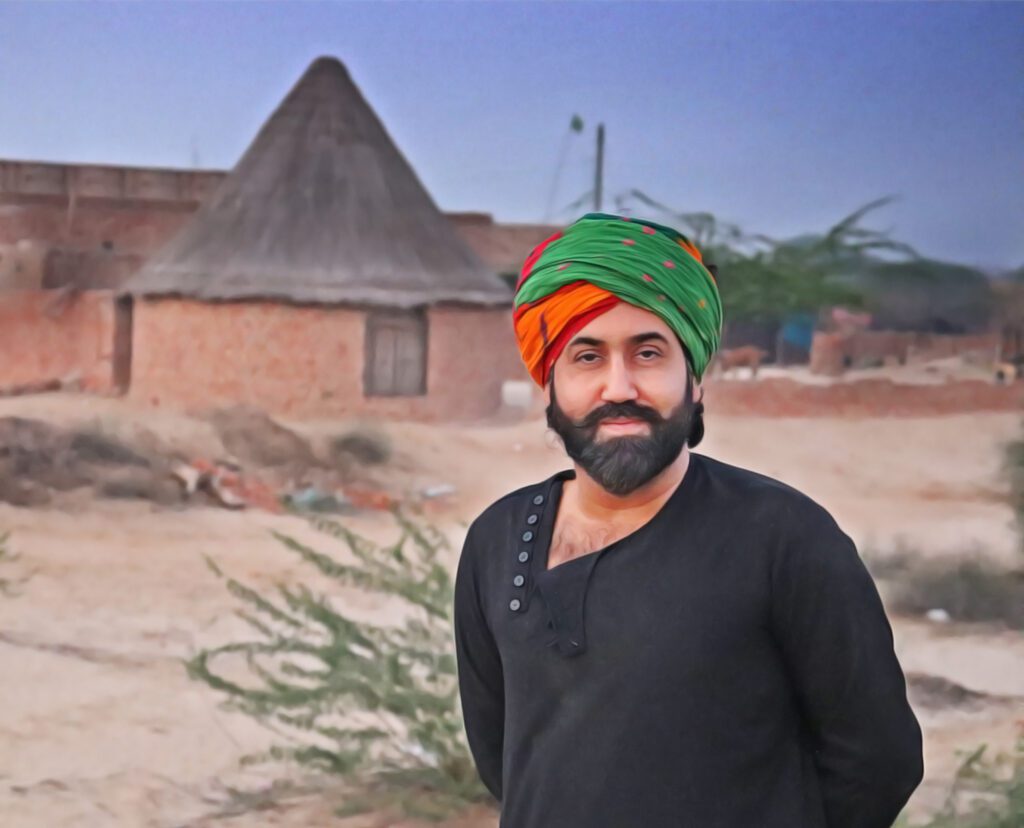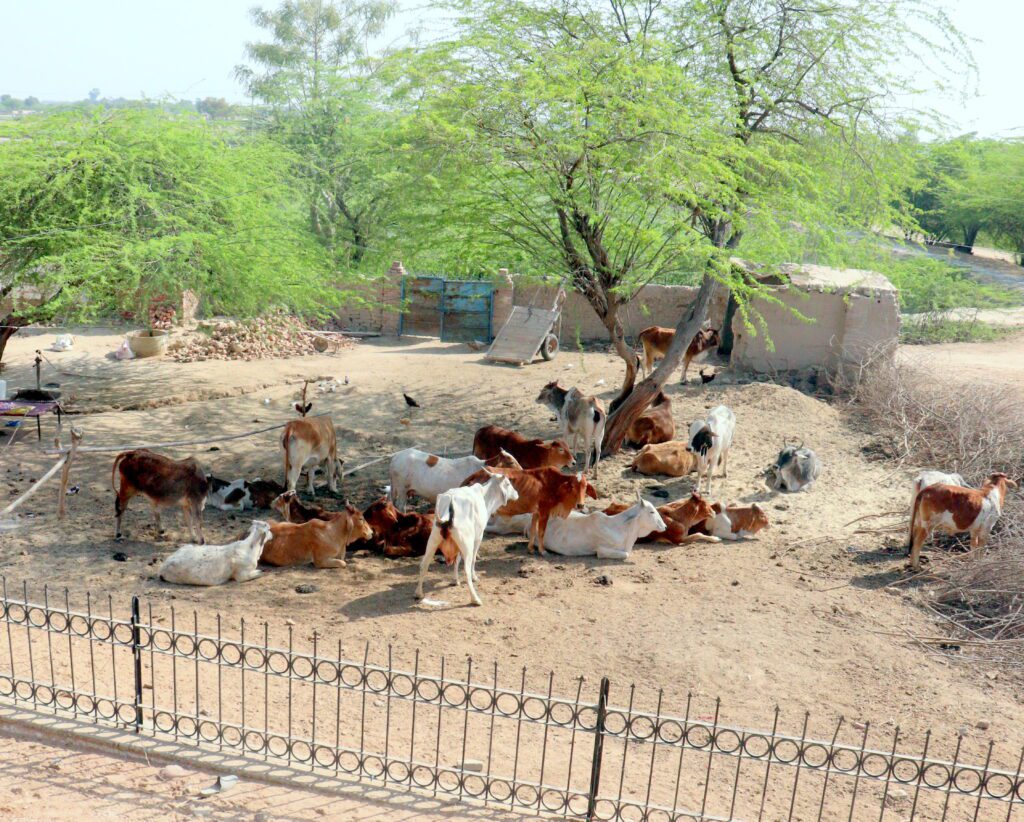Rohi
The first of scarabs


Future is where Regeneration and community involvement are taking center stage, Ecoist has initiated an initiative to set that stage for a regenerative and circular economy.
Vermicomposters function same way as scarabs do in Nature. Just as scarabs aid in breaking down organic matter, our composting enthusiasts with their Eisenia Fetida earthworms, transform organic waste of their surroundings including the kitchen scraps into nutrient-rich vermicompost. Much like scarabs contribute to the natural recycling process, vermicomposters play same crucial role in converting waste into a valuable resource, embodying the harmony and efficiency of nature’s recycling mechanisms.
Our Vermicomposting Communities, we name them Scarabs are community-owned vermicomposting farms that stand as a beacon of hope for the environment and communal unity. Much like the scarab beetles that facilitate decomposition and rejuvenation in nature, the vermicomposting communities, Scarabs, play a parallel role in environmental conservation.


Mission
Fostering unity through vermicomposting, our Scarab communities reclaim waste, enrich soil, and ignite sustainable change for a greener world.
Vision
Empowering Scarabs globally to champion regenerative practices, cultivating harmony between humanity and nature, one composted waste at a time.
Impact
Scarab communities inspire circular economies, restore soil health, and exemplify collaborative environmental stewardship, resonating hope for a harmonious planet.
Ecoist’s Vision of Scarab Communities
Ecoist, a vanguard of environmental consciousness, has embarked on a trailblazing journey with the inception of community-owned regenerative circular economic activities. The heart of this endeavor is vermicomposting – a practice that capitalizes on the power of earthworms to transform organic waste into nutrient-rich compost.
By harnessing the power of earthworms, they convert discarded materials into nutrient-rich compost, nurturing the soil and fostering a regenerative circular economy.

The Scarabs’ collaborative efforts extend beyond waste conversion; they symbolize unity and shared purpose. Just as scarabs contribute to the vitality of ecosystems, these communities enrich their surroundings by returning nutrient-dense compost to the soil. This practice not only minimizes waste and landfill accumulation but also bolsters agricultural productivity. Ultimately, Scarab communities showcase the potential of collective action to inspire sustainable change, echoing the timeless harmony found in nature’s intricate balance.


Drawing its name from the scarab beetle, which in nature signifies the circle of life, these Scarab communities take on the role of stewards of the earth. Their mission? To breathe life back into the soil that nurtures them.
Cholistan: Where Sands will ignite Regeneration
Nestled within the vast expanse of the Thar Desert, the Rohi or Cholistan region provides an unlikely yet perfect backdrop for this revolutionary endeavor. Here, amidst the shifting sands, the Rohi Scarab has taken root. Rohi, means “Wilderness” in Saraiki language and we found here the essence of community in Meghwar hindu community.

So Meghwars are honored to get the title of the First Scarab community and the Rohi Scarab exemplifies unity in diversity. Despite differing backgrounds, this community has united under the common banner of environmental restoration. Their devotion to sustainability transcends cultural and religious boundaries, illustrating the profound impact of a shared vision.
Empowering Through Ownership
The heart of the Rohi Scarab’s success lies in the hands of its community members. The vermicomposting process is not just about waste conversion; it’s about transforming lives. Scarab members actively participate in every stage, from waste collection to nurturing the worms, all the way to harvesting the precious compost.
Ownership begets empowerment. As the community reaps the rewards of their labor, they also sow the seeds of a sustainable future. The compost generated enriches their own lands, yielding healthier crops. What once was discarded as waste now becomes the lifeblood of flourishing fields.
The Ripple Effect of Regeneration
The impact of the Rohi Scarab reaches far beyond its borders. The scarab communities are catalysts for change, inspiring neighboring regions to follow suit. As the practice of vermicomposting spreads, a ripple effect of regeneration unfurls.
In a world grappling with environmental challenges, the vermicomposting revolution offers a tangible solution. Landfills shrink, emissions reduce, and nature breathes a sigh of relief. The scarab communities demonstrate that a small shift in perspective can lead to monumental shifts in outcomes.
Unity in Diversity, Strength in Purpose
The Rohi Scarab is not merely a farm; it’s a testament to the potential of unity in diversity. The Meghwar Hindu minority community has shown that environmental stewardship transcends cultural and religious lines. Their commitment to sustainability exemplifies how a shared purpose can bind communities together, fostering understanding and collaboration.
As the scarab communities thrive, they remind us of our intrinsic connection with the Earth. They remind us that each action we take – no matter how small – has the power to shape our world for the better.
A Future Tied to the Earth
The Formation of the Rohi Scarab marks a new era – one where communities take charge of their ecological destiny. It beckons us to rethink our relationship with the environment and embrace practices that harmonize with nature’s rhythm. It underscores the potential of collective efforts to drive positive change.
In the vast desert sands, a transformation is underway. The Rohi Scarab stands not only as a farm but as a symbol of hope, resilience, and the limitless possibilities of community-driven action. It invites us all to join hands, hearts, and souls in cultivating a future that honors both people and planet.
